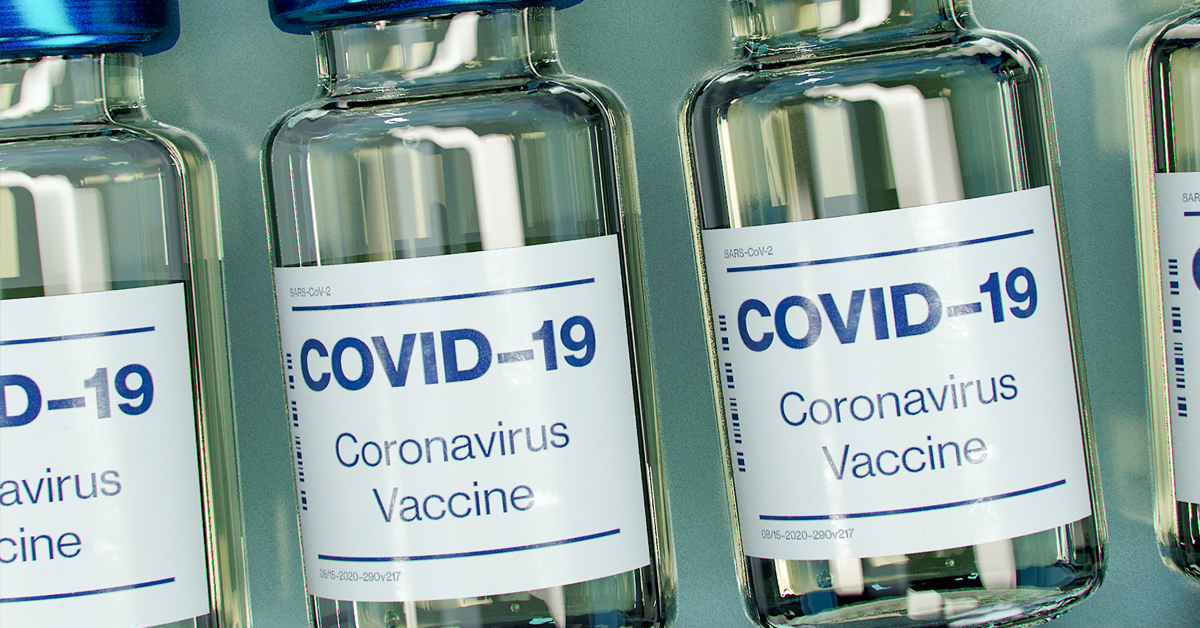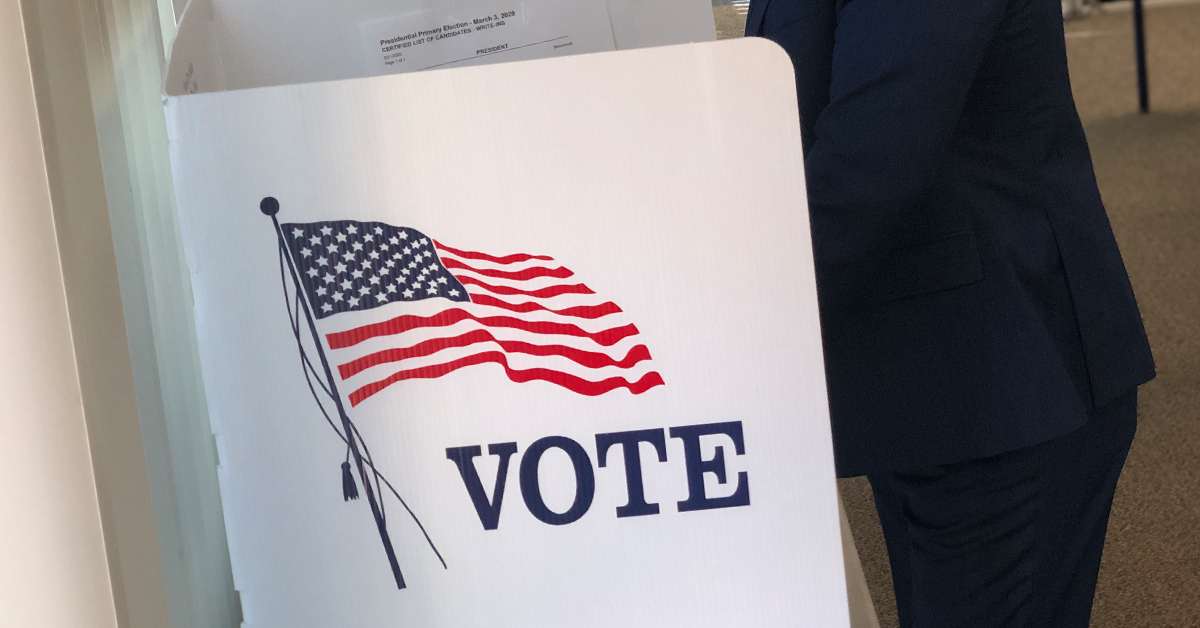The FDA has approved Eli Lilly’s drug Kisunla last week as the second drug that can modestly slow Alzheimer’s disease progression, following the approval of a similar drug from Japanese drugmaker Eisai.
Kisunla and the Japanese drug Leqembi are laboratory-made antibodies administered through IV that target the sticky amyloid plaque buildup in the brain, a contributor to Alzheimer’s.
The big picture: Patients and families must weigh the benefits of a delay in cognitive decline, which amounts to about seven months, against the downsides like regular IV infusions and potential side effects such as brain swelling.
- Physicians and specialists treating Alzheimer’s have welcomed the approval of these drugs as a significant step forward after years of failed experimental treatments.
- Lilly’s drug Kisunla, also known as donanemab, was approved based on an 18-month study showing a 22% slower decline in memory and cognitive ability for patients receiving treatment compared to those receiving a placebo.
- Safety concerns for plaque-targeting drugs like Kisunla include brain swelling and bleeding, with rates slightly higher than competitor Leqembi.
- Kisunla offers the potential advantage for patients to stop taking the drug if they respond well, with nearly half of patients in the study reaching undetectable levels of brain plaque within a year, allowing for a reduction in costs and safety risks.
- Logistical challenges, insurance coverage issues, and financial concerns have hindered the rollout of drugs like Leqembi, as healthcare systems need to identify patients with targeted brain plaque and establish infusion centers.










